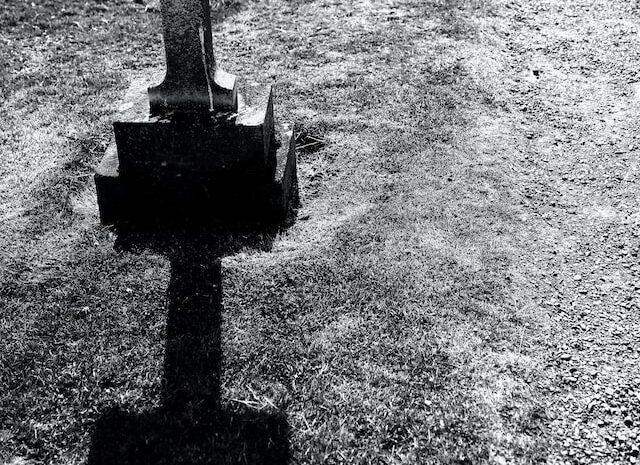Indexed universal life (IUL) insurance policies can last your entire life and often let you vary your premiums and death benefit, within certain limits. This kind of policy can give you flexibility in the future. It builds cash value, and…
Stay-at-home parents often provide substantial financial value to a family even though they don’t bring in a paycheck. So the loss of a stay-at-home parent can mean a large financial hit. Life insurance can be used to cover the “replacement…
You can typically borrow whatever amount is in the cash value account of a life insurance policy. You can repay the loan any time. If you repay it, the insurer will also charge interest. If you don’t pay the loan…
If you cash out a life insurance policy, any investment gains you receive will be taxed as ordinary income. The portion you receive that’s based on premiums you paid in is not taxable, only the investment gain portion. If the…
If you have a life insurance policy with cash value, you can “cash it out.” Cashing out terminates the policy. But cashing out life insurance doesn’t mean you’ll get 100% of the cash value. You’ll generally receive the cash minus…
Some people view cash value life insurance as bad because of the amount of money that goes toward policy charges and not cash value. So if you need life insurance coverage only to provide a safety net for your family…
The cash value of a whole life insurance policy generally reverts back to the insurance company when the insured person dies. But many universal life insurance policies offer a choice of what kind of death benefit your beneficiaries will receive.…
Whole life insurance: The cash value in whole life insurance grows at a guaranteed, expected rate of return. It’s good for someone who wants no surprises with cash value growth. Indexed universal life insurance: The cash value gains for indexed…









